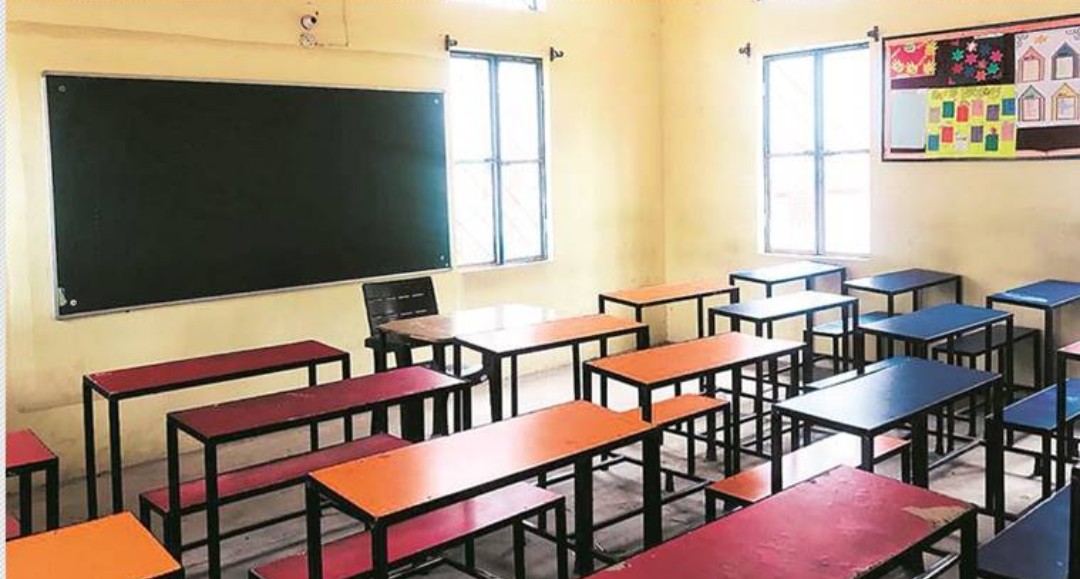Srinagar: In Jammu and Kashmir, the dropout rate of school students among the Muslim community is high at all levels at an annual average.
The official figures available with the news agency—Kashmir News Observer (KNO) states that the annual average drop-out rate of Muslim students in private as well as government was high at elementary, high, and secondary and higher secondary level.
“At the primary level, the drop rate is 14.3 percent followed by 13.1 percent at upper primary level, 23.7 percent at secondary level and 26 percent higher secondary level,” the official figures reveal.
The document also reveals that the drop rate at secondary was more than twenty percent in eight districts of the Union Territory of Jammu and Kashmir.
“Annual average drop-out rate at secondary level is more than twenty percent in eight districts including Budgam, Bandipora, Baramulla, Kulgam, Kupwara, Rajouri, Ramban and Resai,” it reads.
Meanwhile the central government has asked the JK administration to focus on provision of Computer Aided Learning (CAL) facilities in upper primary schools, lab facilities in secondary schools and providing free textbooks to students within a month of the start of the academic session.
“UT was recommended to set-up CAL facilities and science lab facilities in upper-primary and secondary schools respectively and ensure timely delivery of text books before the start of academic session,” the official documents reveal.
State Project Director (SPD), Samagra Shiksha, Arun Manhas said there was many reasons for the dropout rate among the Muslim community in JK.
“There are many reasons for the high dropout rate among Muslims like lack of formal education among Muslims, Madrasas and education to nomad Muslim are some of the main factors,” he said.
Manhas said, “We are making efforts for the betterment of formal education and we are providing seasonal centers for nomad students.”
“We already have a dropout issue but it is not that higher than other states of India, however under the New Education Policy (NEP), we have to ensure Gross Enrolment Ratio (GER) of 100 percent in next coming years,” he added—(KNO)

